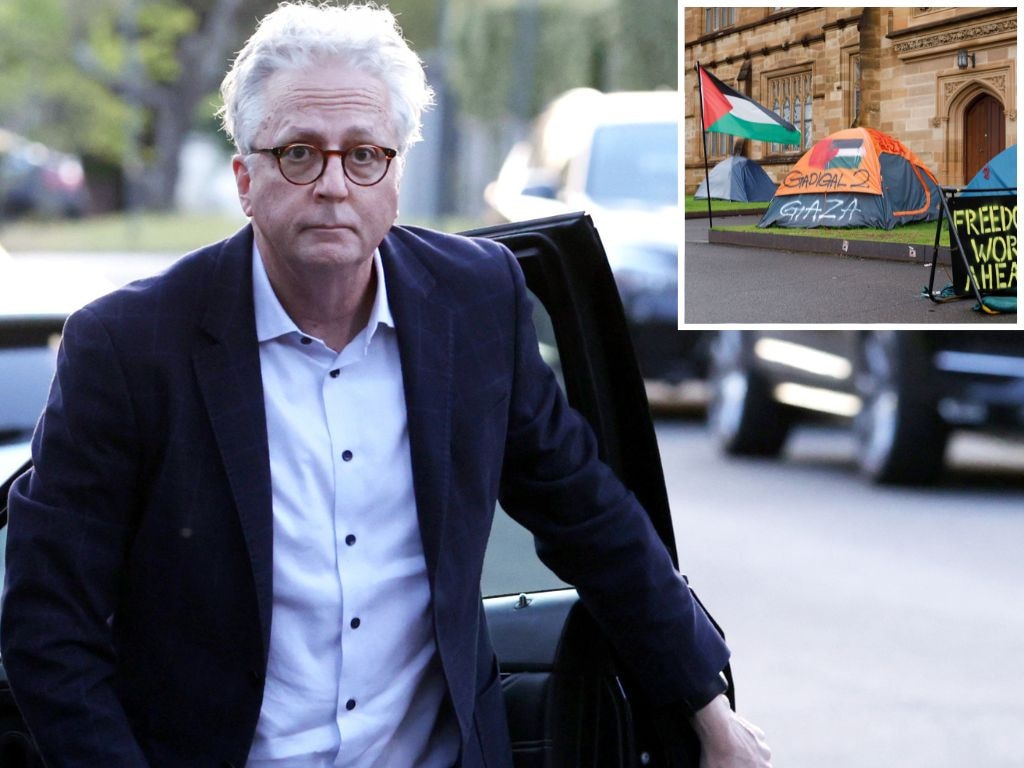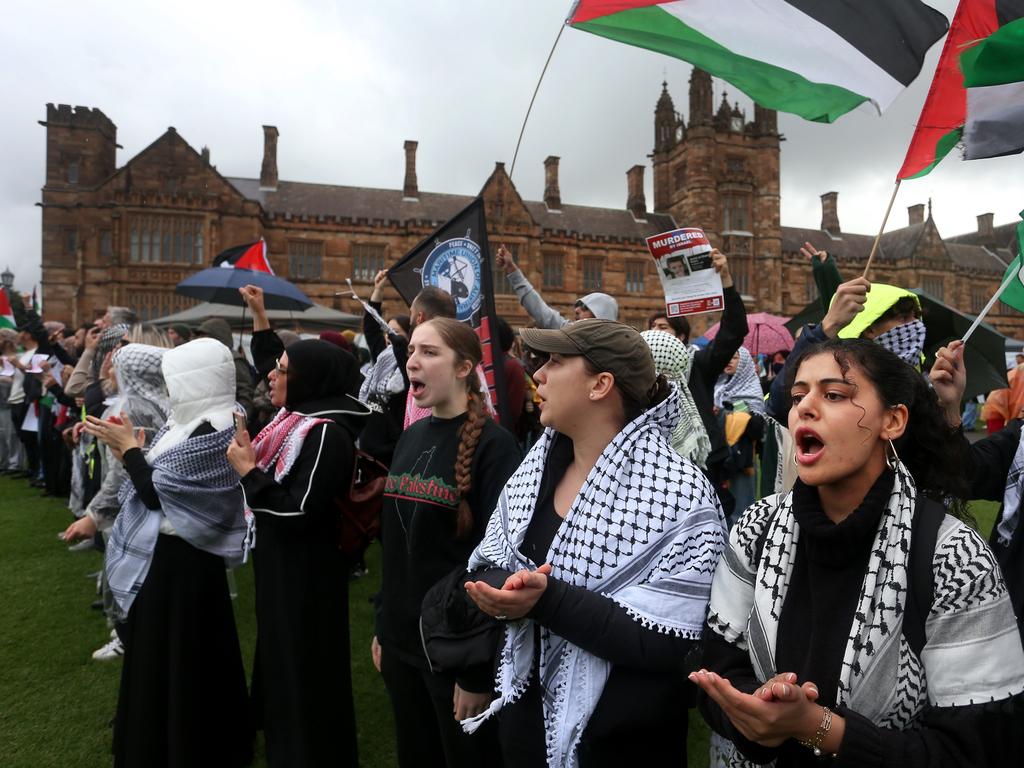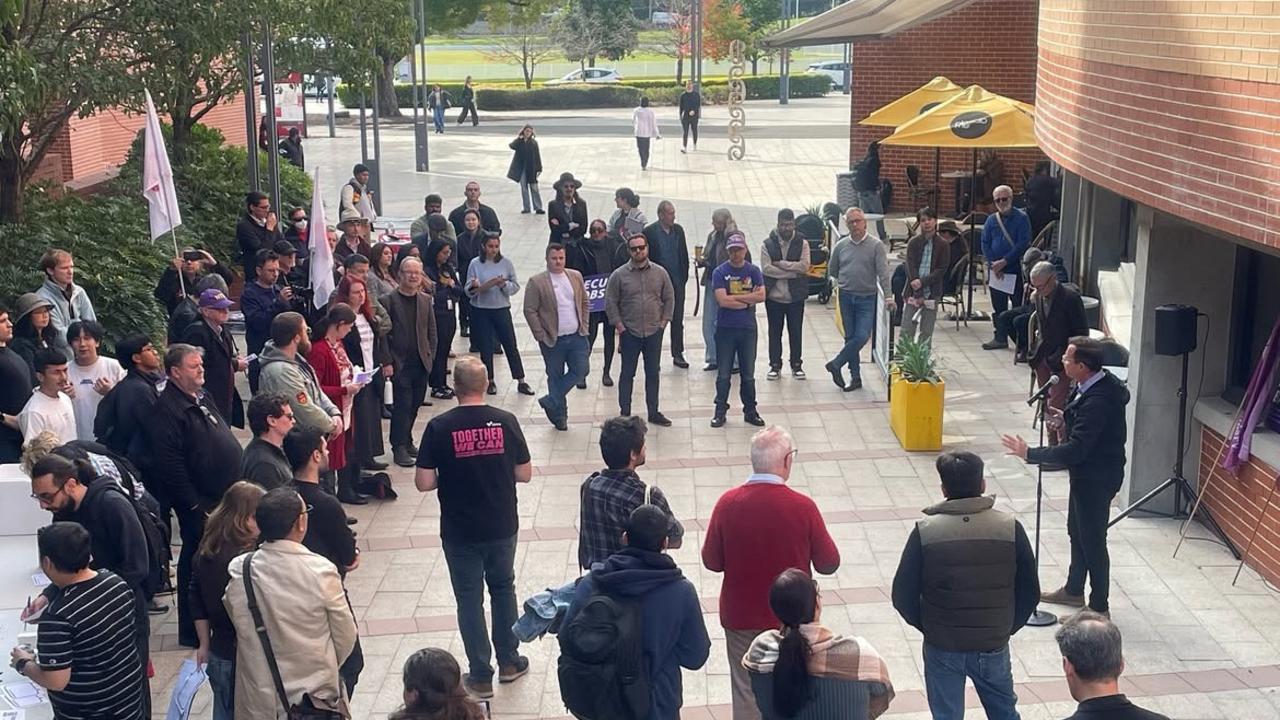Peak Jewish body calls on University of Sydney VC Mark Scott to adopt antisemitism definition
Australia’s peak Jewish body has outlined five steps the University of Sydney should immediately take to turn Vice Chancellor Mark Scott’s apology to Jewish students and staff into actions.
Tertiary
Don't miss out on the headlines from Tertiary. Followed categories will be added to My News.
University of Sydney Vice Chancellor Mark Scott must appoint an independent adjudicator to oversee – and overturn – the uni’s response to antisemitism and other complaints, a peak Jewish body has advised.
The university’s administration has shown an “uninformed and capricious understanding” of antisemitism when dealing with complaints, the Executive Council of Australian Jewry claimed, with co-chief executive Peter Wertheim calling on the Vice Chancellor to “adopt a definition of antisemitism that has credibility with the majority of Jewish students and staff instead”.
The ECAJ has stopped short of calling for Mr Scott’s resignation, instead calling on the Vice Chancellor to turn an apology to Jewish staff and students – made before the Senate inquiry into antisemitism at universities on Friday – into action.
“The University of Sydney must overhaul its complaints process so as to protect the privacy and confidentiality of complainants who are in danger of victimisation,” Mr Wertheim said.
“Those who are responsible for processing complaints need professional training and development.
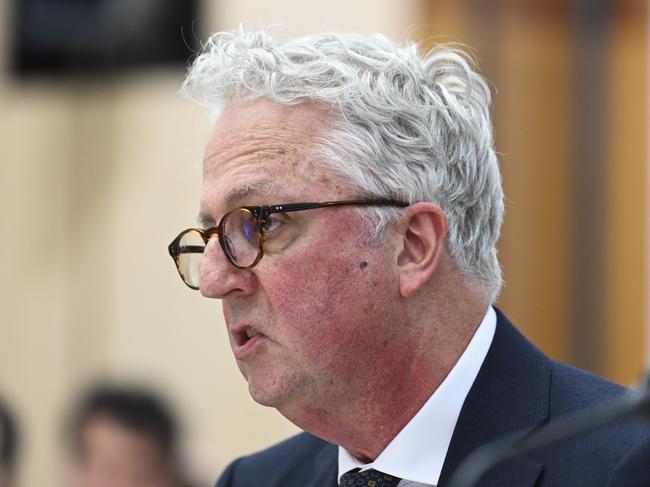
“The university also needs independent oversight of complaints handling by an adjudicator with power to overturn the university’s decision in any given case.”
Mr Wertheim also said USYD needs a student and staff charter that “will clearly lay out the priorities when there is a conflict between different policies and regulatory requirements”.
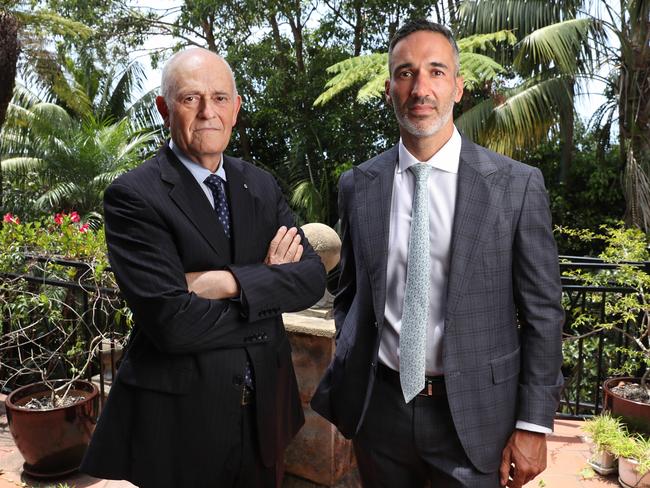
It comes as Mr Scott faces claims he was “arrogant and condescending” in meetings with Jewish leaders during the university’s pro-Palestine encampment crisis.
The Australian reported on Monday that sources in the meeting felt the Vice Chancellor was “dismissive” of their concerns, an account the university has disputed.
Mr Scott told the Senate inquiry that the testimonials of antisemitism brought to the university, the Special Envoy to Combat Antisemitism and raised in submissions to the inquiry “are heartbreaking and unacceptable”.
“For that, I am sorry,” he said.
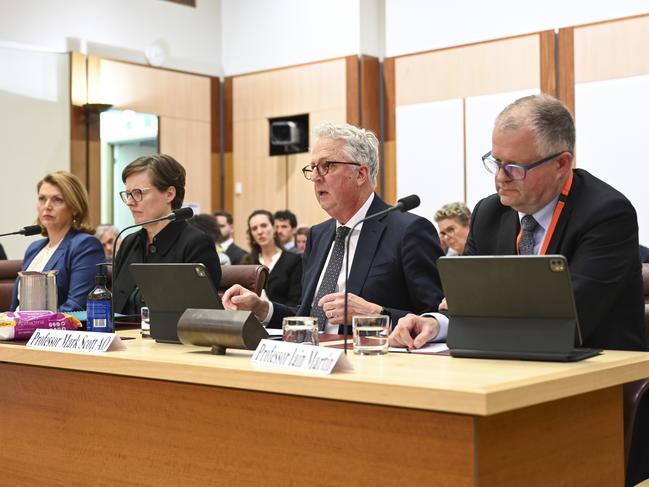
Australasian Union of Jewish Students president Noah Loven welcomed the ECAJ’s advice and said all universities should take up the changes, to “show genuine commitment to protecting Jewish students and staff”.
“The ECAJ’s recommendations are tangible ways of improving the experience of Jewish students,” he said.
“While they alone won’t dismantle the entrenched culture that has allowed antisemitism to persist within the university, they are necessary if the University of Sydney intends to tackle antisemitism head-on.”
In response to the ECAJ’s proposed reforms, a spokeswoman for the University of Sydney pointed to the review of its policies, led by expert work safety barrister Bruce Hodgkinson, currently underway.
“The Senate is actively working with the Vice-Chancellor to make sure that the University of Sydney is a safe place for all our staff and students, and has the best governance possible,” she said.
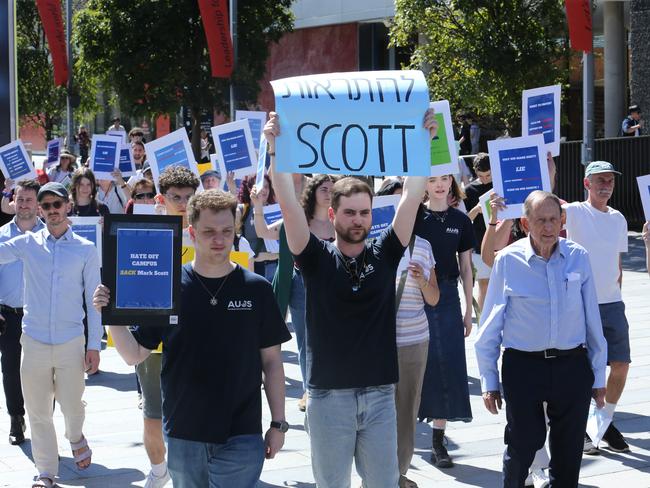
However, any changes the university wishes to make in consultation with Jewish groups will likely come without input from the NSW Jewish Board of Deputies, who are refusing to participate in a review of the university’s investment policies established under a deal to end the encampment on the uni’s lawns.
President David Ossip he was “begging Mark Scott to call” in the week prior to the university striking a deal with the Sydney University Muslim Students’ Association (SUMSA), but was left in the dark until the offer had already been agreed on.
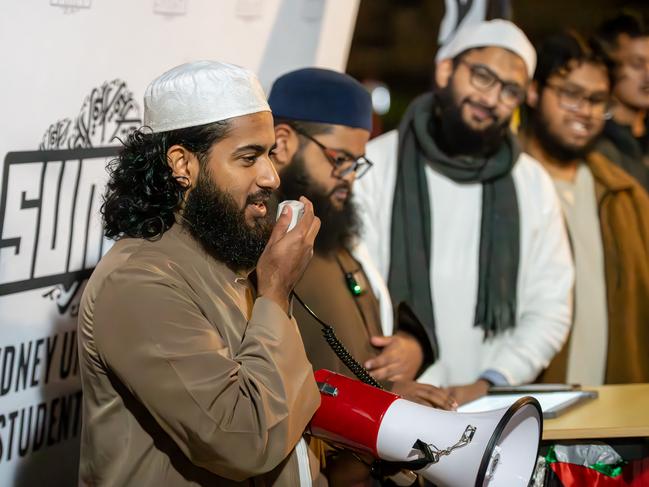
“How can you negotiate with only one side … hide it from us, then come and ask us to be part of the process,” Mr Ossip said.
Fronting the inquiry on Friday, Mr Scott said he “regret(s) that we did not communicate the agreement to end the encampment with the Jewish community before it was announced”.


